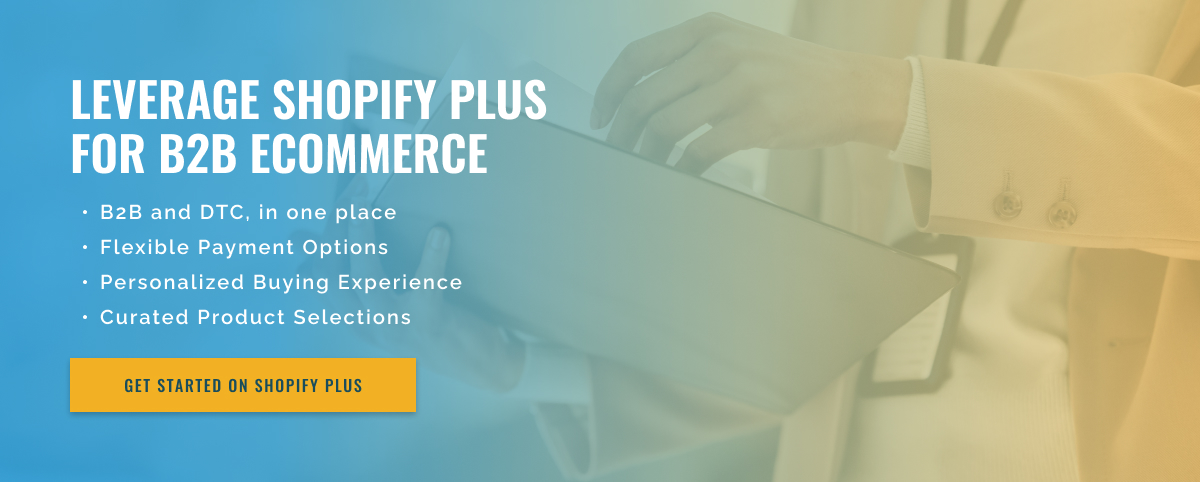3 minute read
Navigating B2B Compliance Across Regions with Shopify
In the ever-evolving world of eCommerce, Shopify has established itself as one of the leading platforms for businesses to sell their products and services online. As the number of B2B transactions increases, Shopify has also become a popular choice for companies looking to sell in the digital world. However, B2B transactions spanning multiple regions and jurisdictions have certain compliance requirements that must be met. In this blog, we’ll take a closer look at how Shopify meets these compliance requirements for B2B transactions in different regions and jurisdictions.
First of all, it is important to understand that B2B transactions involve the sale of goods and services between businesses, not directly to consumers. This means that different rules and regulations apply to these types of transactions. For example, there may be different tax regulations, data protection regulations and even product safety standards that must be met in different regions and jurisdictions. To meet these requirements, Shopify has implemented several features and tools that make it easier for businesses to conduct B2B transactions.
One of the key tools is the Advanced Shopify plan, which is tailored to businesses with higher volume and more complex requirements. This plan offers advanced reporting capabilities, multi-currency support, and the ability to integrate with several third-party applications that can help you stay compliant.
Another important aspect of B2B transaction compliance is ensuring data protection and privacy. As companies share confidential information with each other, there is an increased risk of data leaks and security threats. To solve this problem, Shopify provides a secure platform with features such as SSL encryption, PCI compliance, and regular security updates to protect businesses and their customers’ data.
Additionally, Shopify also offers several third-party apps and integrations that help businesses meet specific regional or jurisdictional requirements. For example, there are apps for calculating taxes, shipping rules, and product categorization, all of which may vary by region.
Overall, Shopify takes compliance seriously and has made significant efforts to help businesses navigate the various rules and regulations when conducting B2B transactions across regions and jurisdictions. Advanced features, a secure platform, and third-party integrations allow businesses to confidently sell their products and services without worrying about compliance issues.

